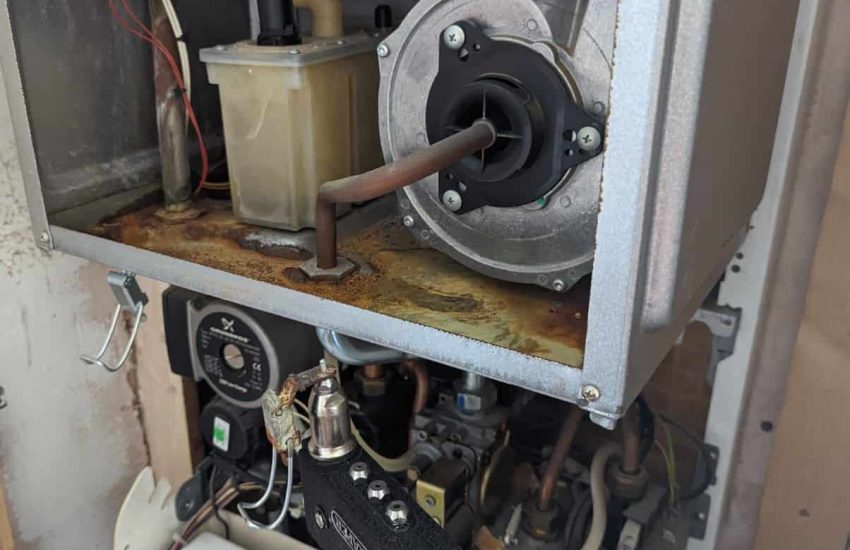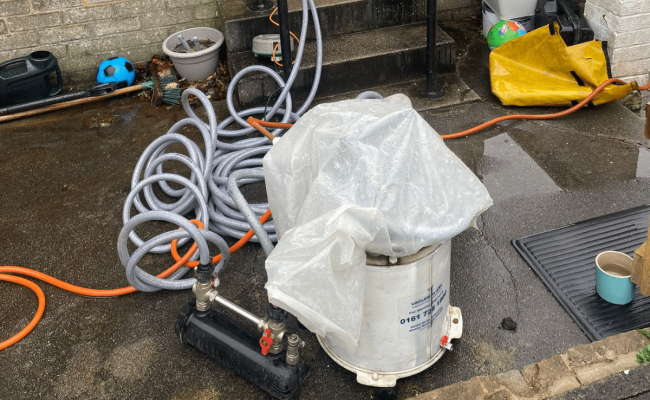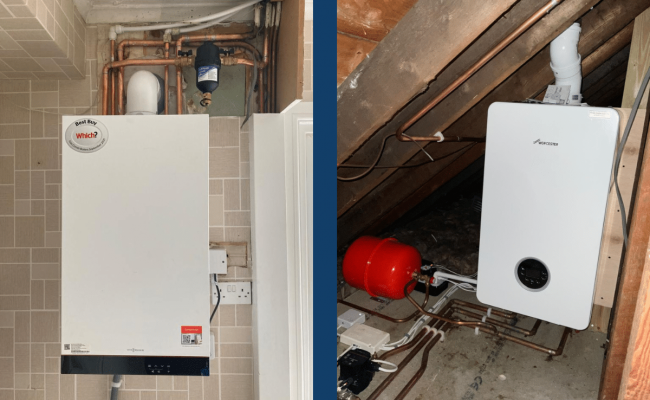As the Scottish winter tightens its grip, the reliable warmth provided by our boilers becomes a non-negotiable comfort. However, it’s precisely during the coldest days that these heating systems may falter, leaving us shivering in the chill. Understanding why boilers break down when working hard in cold weather can empower you to take preventive measures and ensure a cozy and uninterrupted winter. Here are the key factors at play:
1. Increased Demand and Stress:
When temperatures plummet, the demand for heating rises sharply. Boilers working overtime to maintain a comfortable indoor temperature are subjected to increased stress. The constant demand for heat places strain on components, making them more susceptible to wear and potential breakdowns.
2. Frozen Pipes and Components:
We see this a lot at iSafe. Cold weather brings the risk of freezing, especially in poorly insulated areas. When water within the boiler or its pipes freezes, it expands, leading to potential blockages and damage. This can result in reduced efficiency or complete system failure.
3. Inadequate Maintenance:
Neglecting regular maintenance is a common culprit behind boiler breakdowns. Cold weather amplifies the strain on the system, and without proper upkeep, components may deteriorate faster. Regular servicing and inspections are crucial to identifying and addressing potential issues before they escalate. At iSafe we would much rather maintain your boiler and help prevent it breaking down when you need it most.
4. Age and Wear:
Older boilers, particularly those approaching the end of their expected lifespan, are more prone to breakdowns. As components age, their efficiency declines, and the likelihood of malfunctions increases. Upgrading to a newer, more efficient model may be a wise investment to avoid winter breakdown woes.
5. Thermostat Issues:
Faulty thermostats can lead to erratic heating patterns and cause the boiler to work harder than necessary. When the thermostat fails to accurately gauge the indoor temperature, the boiler may overcompensate, leading to increased wear and tear.
6. Fuel Supply Problems:
In extreme cold, fuel supply issues can arise. Frozen fuel lines or disruptions in the fuel delivery system can impede the boiler’s ability to generate heat. Ensuring a stable and reliable fuel supply is crucial for preventing weather-induced breakdowns.
7. Ignition Problems:
Cold weather can affect the ignition system of a boiler. Components like the pilot light or electronic ignition may struggle to function optimally in freezing conditions, leading to ignition failures and, consequently, a breakdown.
8. Pressure Fluctuations:
Cold weather can cause fluctuations in water pressure within the boiler system. Low pressure can trigger malfunctions, while high pressure can damage components. Regular monitoring and adjustments are necessary to maintain the optimal pressure for smooth boiler operation.
In conclusion, the vulnerability of boilers to breakdowns during cold weather is a multifaceted challenge. Vigilant maintenance, timely upgrades, and addressing issues promptly can significantly reduce the risk of winter-induced disruptions. By understanding the factors contributing to breakdowns, homeowners can take proactive measures to keep their boilers running efficiently, ensuring a warm and comfortable winter season. You’re safe with iSafe.










